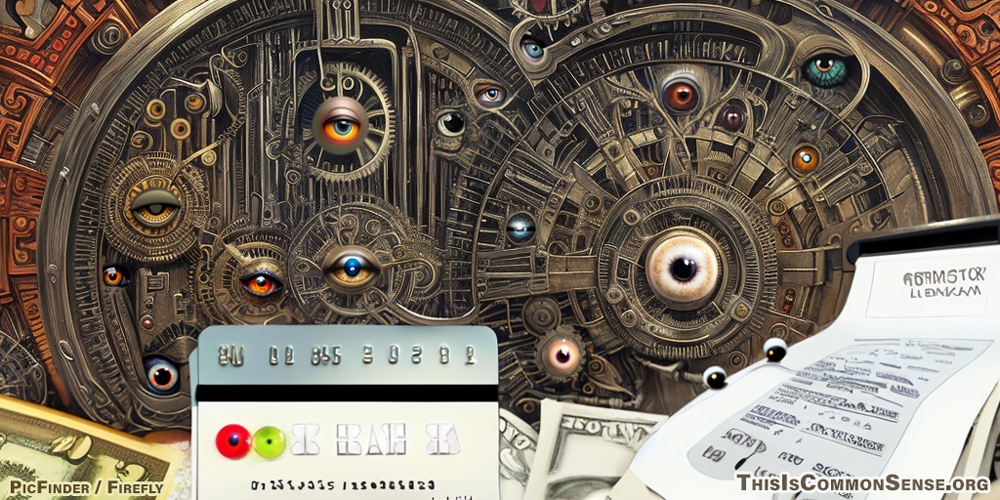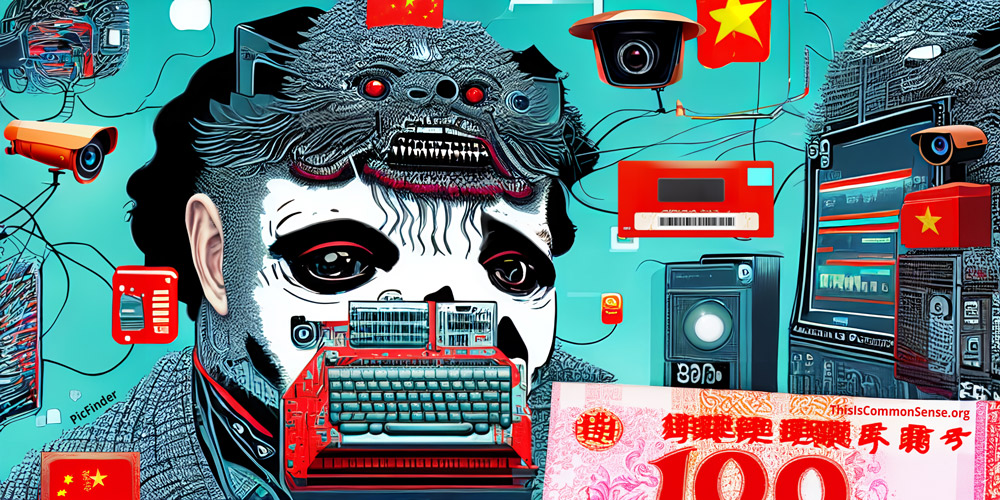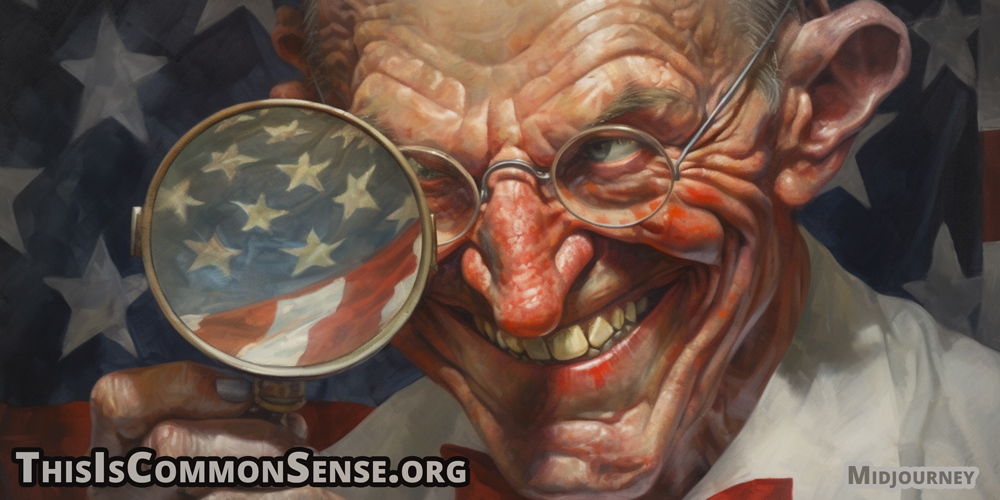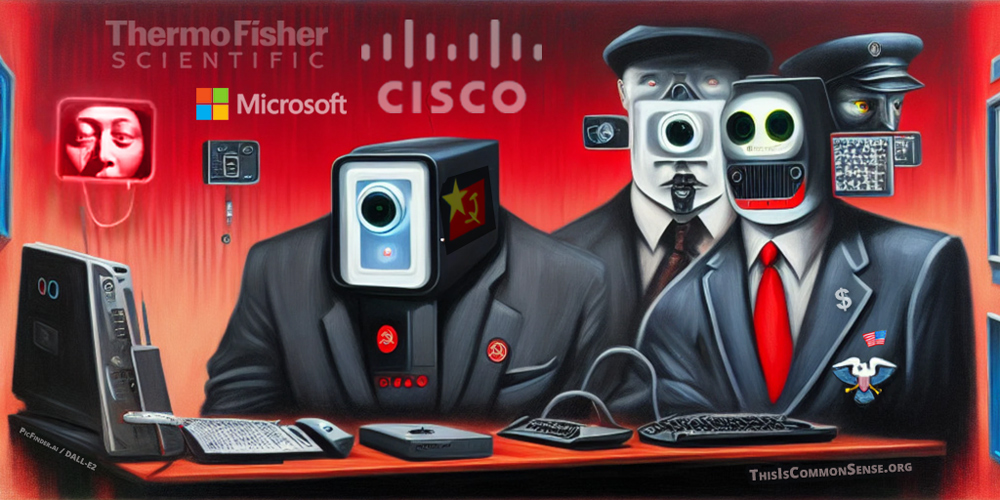The gas stations of DeKalb County, Georgia, never did nothing to nobody . . . except provide petrol.
Yet, thanks to a draconian county ordinance, the stations can be shut down if they fail to splurge on expensive new video surveillance systems. Even if they already have security cameras. Which most do.
The law requires the systems to operate continuously; to include cameras at registers, gas pumps, parking areas, as well as entry and exit points; to record at least 24 frames per second; to store recordings for at least 60 days.
Wait, these are private gas stations.
By what right does the county mandate precisely what detailed security measures business owners must take in order to keep their licenses? This is government turning the tables, rather than keeping these stations safe, the county lords the license over them, demanding the stations spend lavishly on security.
Arguably, the county is acting as yet another disruption plaguing the stations — which already face more than enough criminal invasion of their premises.
The law requires recordings to “be made available to any peace officer for viewing no later than 72 hours after being requested.” Nothing about obtaining a warrant if and when an owner is less than eager to cooperate. (Assuming, generously, that the video would be used to prosecute the robber even if the police and prosecutors had it.)
Lawyers for the Institute for Justice have been talking to the gas station owners, and have sent a letter citing the Fourth Amendment as grounds for DeKalb’s commissioners to drop this “beyond creepy and dystopian” practice.
Let’s hope the outcome is not more suffering businesses but a more limited government.
This is Common Sense. I’m Paul Jacob.
Illustration created with Firefly and PicFinder
—
See all recent commentary
(simplified and organized)





